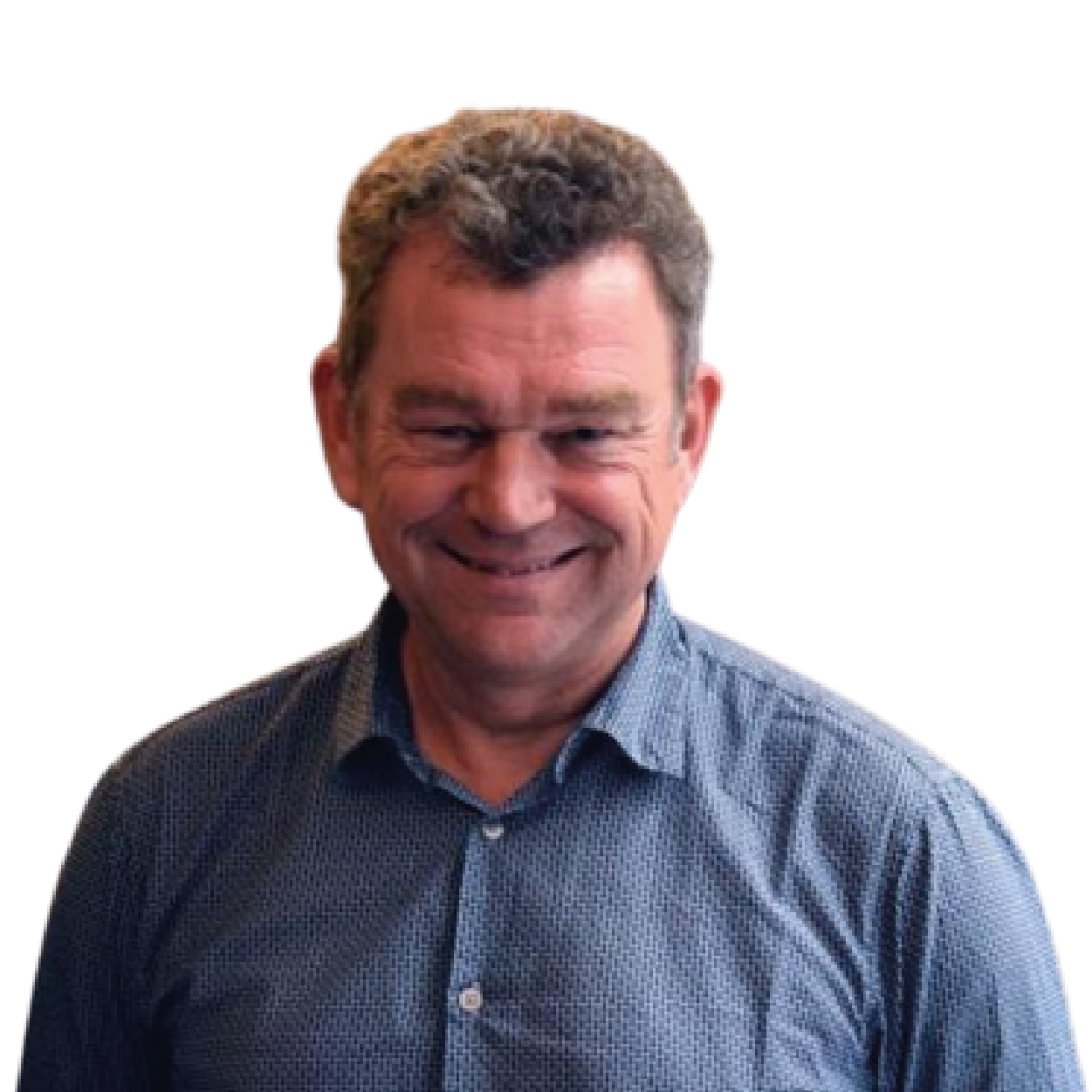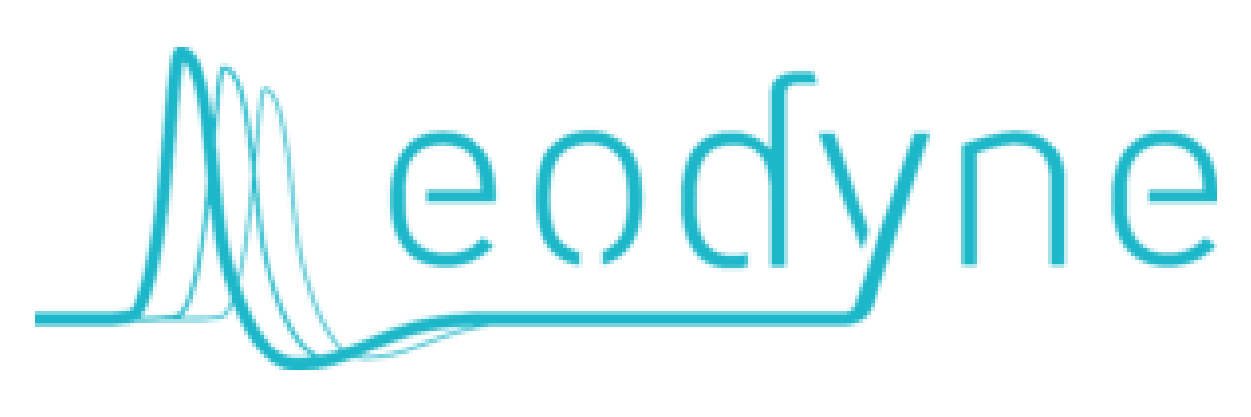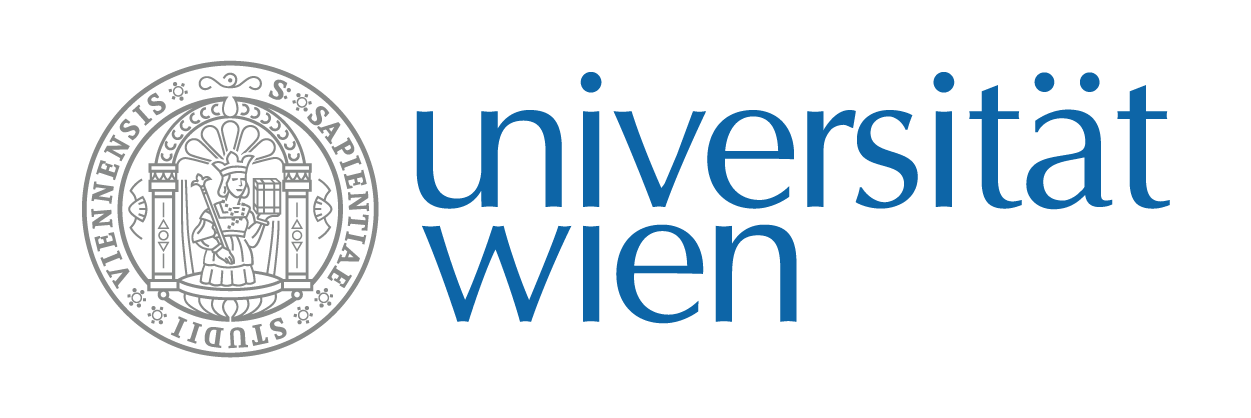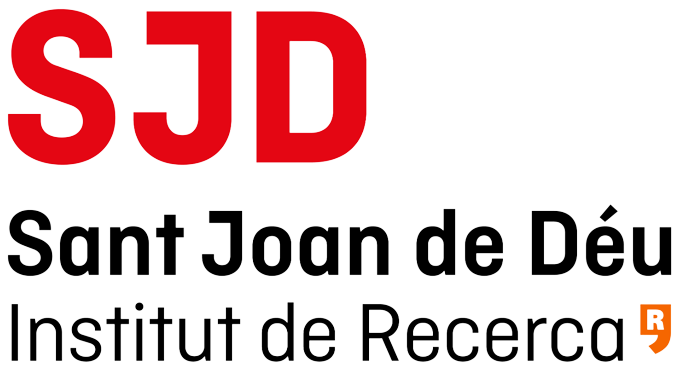The AISN coordinator, Radboud University, located in Nijmegen, the Netherlands, was established in 1923; it has profiled itself as one of the top-notch educational institutions in Western Europe. Radboud is known for its strong research output. Radboud leads work packages on clinical and acceptance validation as well as the project management, dissemination and stakeholder management.
The team
Saddle Point develops advanced statistical and mathematical techniques, modelling approaches and effective software tools to analyse complex epidemiological and medical trial data. They confront dimension mismatch, latent heterogeneity in disease or host, informative censoring, and confounding factors. Saddle Point leads the AISN platform components work package about AI technology and interfaces.
Further team members: Theodore Nikoletopoulos and Enrico Schmitz

Eodyne has a track record of delivering science-based neurorehabilitation solutions to the market. Eodyne focuses on developing digital health technology and interactive systems to optimize hospital resources and improve user experience and patient outcomes.
EODYNE leads the AISN platform technical integration and clinical trial deployment work package.
Further team members: Gerónimo Galindez, Sergio Gomez, Sergi Ramirez, and Aarushi Sharma

EBRAINS is a new digital research infrastructure (RI), created by the EU-funded Human Brain Project (HBP), to foster brain-related research and to help translate the latest scientific discoveries into innovation in medicine and industry, for the benefit of patients and society. EBRAINS leads the developments related to end-to-end workflows from data collection to final output, FAIR Data management and processing, and new branches of the EBRAINS Knowledge Graph for incorporating all specificities of the project.

As a global leader in healthcare technology and with more that 95k employees, our therapies and solutions span the treatment of more than 70 conditions in the human body.
Medtronic leads the innovation management, business, exploitation and sustainability work package.
Further team members: Irina Gomez, Marta Perez Alba, Berta Borras, and Paula Curras

UNIVIE specialises on legal questions related to innovation and digitalisation. This includes IT law, and in particular, data protection, privacy, IP, and related fundamental rights issues. In AISN, UNIVIE is in charge of assessing the legal framework.
Further team members: Eva Korenjak Lalovic, Michael Schmidbauer, and Haider Shah Syed Zulkifil

IRCCS San Camillo Hospital is an Institute of Hospitalization and Care of a Scientific Nature offering specific excellence in cognitive and motor evaluation and neurorehabilitation programs. IRCCS San Camillo will be involved in the AISN clinical trial.
Further team members: Dennis Costantini, Paulo Santos, Giorgia Baron, and Laura Danesin.

Parc Sanitari Sant Joan de Déu (PSSJD) is a private non-profit institution and a reference center in integrative and continuous healthcare. In particular, the Neurorehabilitation department headed by Dr. Raffaele Fiorillo is a team focused on innovation and improvement.
Further team member: Raffaele Fiorillo, Judit López Luque, and Iñigo Chivite.

The HAVAE team – UR20217 brings together teacher-researchers from various specialities: Sciences and Techniques of Physical and Sports Activities, Physical Medicine and Rehabilitation. The involved laboratory relies on the conceptual model of the ICF (International Classification of Functioning and Disability) through two operational objectives: - Identify determinants of mobility in real-life situations and - Facilitate mobility across real-life situations: home intervention studies.
Further team members: Jean-Christophe Daviet, and Poeiti Abi-Saab

CHARITE (PI Petra Ritter) is experienced leader of large-scale consortia that develop infrastructure for sensitive human digital twin technologies (EOSC project Virtual Brain Cloud, eBRAIN-Health, TEF-Health). PI Ritter is co-lead of The Virtual Brain simulation platform. CHARITE is the leading EBRAINS Service for Sensitive Data: the Health Data Cloud.
Further team member: Dionysios Perdikis

The CHU of Limoges has three public service missions: care, teaching, research and innovation. Our staff work in 5 hospitals and a Biology and Health Research Center. Our Inserm-labeled teams and the various and numerous projects recognised at the national and European levels illustrate the will of our University Hospital to develop its research activities.
Further team members: Compagnat Maxence, and Saada Sofiane

The Neurorehabilitation unit at the University Hospital Bern offers inpatient and outpatient care for patients with acquired brain injuries in an academic setting. Besides interdisciplinary clinical excellence, we offer expertise in the development of new therapies for rehabilitation based on a multimodal understanding of neural plasticity.
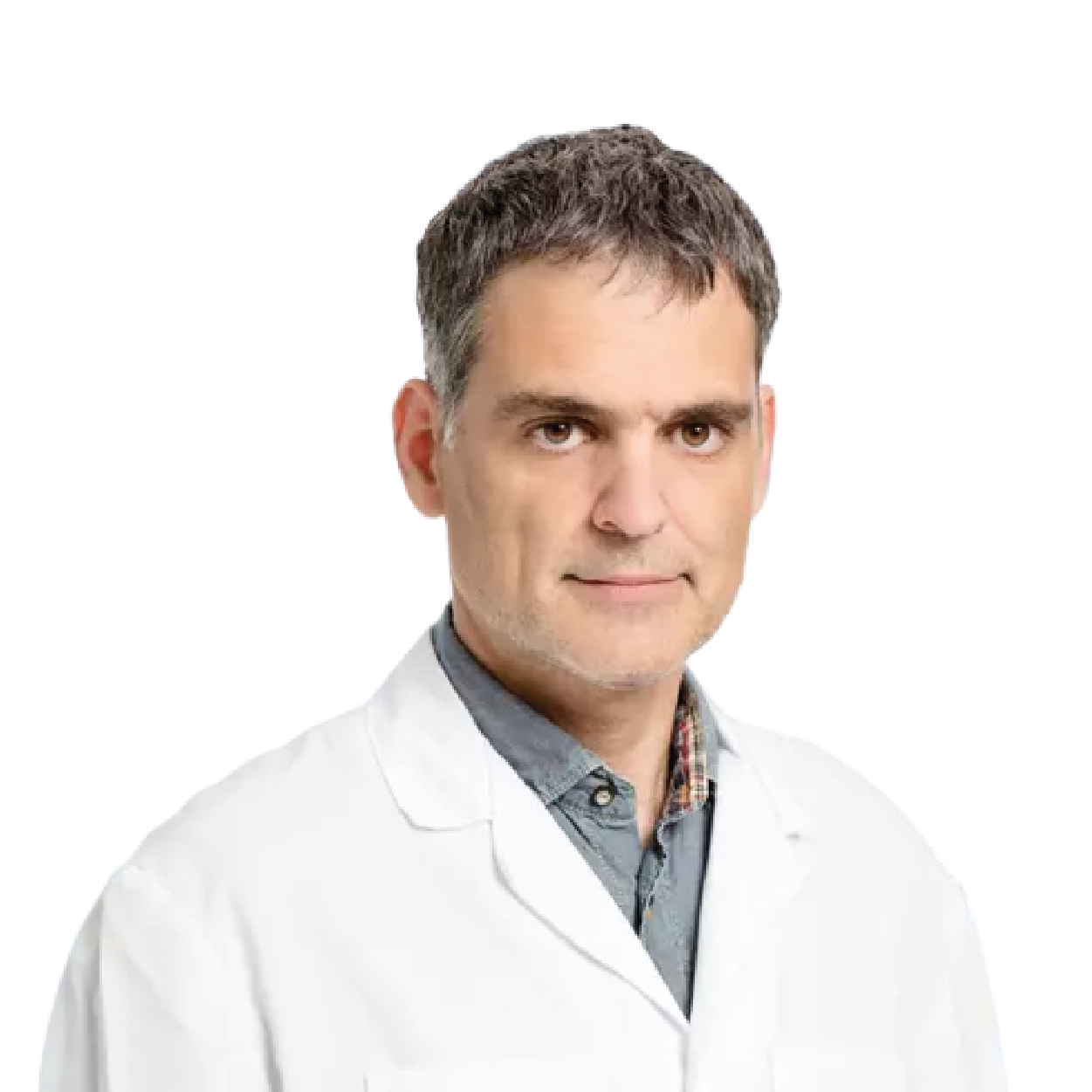
The University of Oxford is a prestigious, globally-renowned academic institution based in Oxford, known for its research excellence and diverse intellectual community. It leads the focus within AISN on the ethical, legal and social aspects of integrating AI in healthcare, focusing on patient values and the doctor-patient relationship, and addressing challenges like consent models, the moral status of brain simulations, data ownership, and bias in AI training. The University of Oxford leads the ELSA (Ethical, Legal and Social Aspects research) work package.
Further team members: Ilina Singh, and Hazem Zohny

AISN Advisory Board
The Advisory Board members expertise support and guide the development of the AISN architecture, its interventions and guidelines, and will finally support the project goals through their networks and stakeholders’ recommendations.
The AISN ADvisory Board members are:
| Geert Verheyden, PT, PhD, FESO | Program Director BSc & MSc Rehabilitation Sciences and Physiotherapy KU Leuven - University of Leuven |
| Sara Cavaco, PhD | Head of the Neuropsychology Service Neurosciences Clinic |
| Andreas Luft, Prof. Dr. med. | Department of Neurology, Head of stroke team Universitätsspital Zürich |
| Tony Prescott, Prof. MA, MSc, PhD, CPsychol FBPsS | School of Computer Science, Cognitive Robotics University of Sheffield |
| Rüdiger J. Seitz, Prof. Dr. | Department of Neurology, LVR-Clinic Düsseldorf Heinrich-Heine-University |

